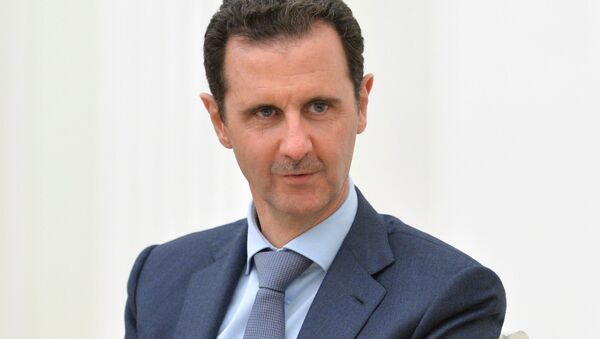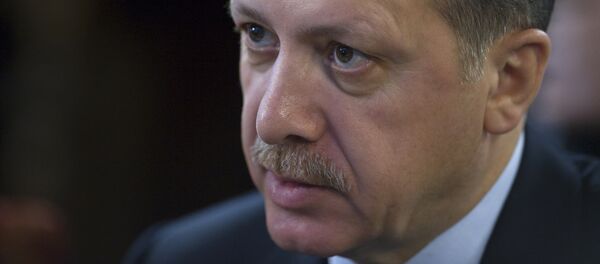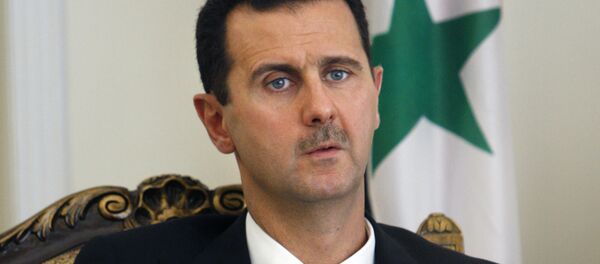WASHINGTON (Sputnik) — On his surprise Tuesday visit to Moscow, Assad gave a positive response when asked whether he was ready for Russia to support elements of the Syrian opposition in the fight against the Islamic State, Putin said on Thursday.
Dr. James Paul, former Global Policy Forum Director and UN human rights expert, told Sputnik on Friday that Assad’s more flexible position opened the way to possibly greatly expanded US-Russian cooperation in dealing with the Syrian crisis.
"The talks between… Putin and Assad reflect the rapidly-evolving geo-political equation on Syria, and suggest that something more is going on than an affirmation of Russian support for the beleaguered Syrian regime," Paul said.
Confidential communications between the US and Russian governments, Paul suggested, could already be making much progress than public statements indicated.
European governments, he noted, have been putting intense pressure on Washington to solve the Syria crisis and mitigate the refugee crisis.
"The Russian military intervention in Syria should be seen as part of an evolving informal agreement between the powers, even though it is usually presented to Western publics as a new source of conflict," Paul pointed out.
He predicted that the United States and Russia would return to the Geneva process on Syria, and seek and an expanded role for the United Nations.
"The Obama administration, pressed by its European allies, will move away from the Israeli-Saudi thinking and slowly take up the diplomatic course without the prior pre-conditions," Paul explained.
The US government is no longer vehement about freezing out the Iranians, which previously was a big barrier to an agreement, and they seemed to be pulling back from a winner-takes-all approach in the talks," Paul concluded.
"Russia and Syria desire a political settlement. Now that Russia and Syria have both confirmed that their joint military action was a precursor to taking further political steps, does this offer an opportunity for US-Russian constructive cooperation, if the Obama administration will take it?" Eland asked.
For this opportunity to be recognized and taken, the United States needed to concentrate on stabilizing Syria, not on repeating its mantra that Assad must go, Eland stated.



